Drinking alcohol excessively can lead to tough times in anyone’s life. Deciding to stop drinking is a tough call but a brave one. Unfortunately, the process of stopping drinking isn’t as easy for everyone as it seems.
One of the most popular methods people use during their recovery journey is to drink non-alcoholic beer. Consuming non-alcoholic beer could aid people who are struggling to quit. However, low-alcohol beer may still pose a few risks for those who drink it regularly.
This page will walk you through the potential dangers of nonalcoholic beers, as well as a few options on how you can work through your addiction more healthily.
Unveiling the hidden risks behind non-alcoholic beer. Get the full scoop and stay informed. ????????https://t.co/8pgvsWDu9t pic.twitter.com/VDufPw7gOb
— Ascension House – Sober Living Austin (@AscensionSober) November 20, 2023
What’s Considered Non-Alcoholic Beer?
As the name implies, non-alcoholic beer is a drink with little to no alcohol. Depending on the brand, you can expect different contents, but most non-alcoholic beer is made by removing the “alcohol” contents from the regular drink.
In the U.S., non-alcoholic beers only contain up to 0.5% Alcohol by Volume (ABV). Some brands claim their nonalcoholic beer has 0% ABV, which is technically even better.
There are plenty of methods to get non-alcoholic beer besides removing alcohol from the standard drink, including:
- Heating the beer
- Straining out the alcohol
In most cases, manufacturers add sugar to improve the taste of these beers. Additionally, regular and non-alcoholic beers are similar in fat, protein, and calorie content.
Non-alcoholic beers, however, tend to have a higher carb amount.
The Two Different Types of Non-Alcoholic Beer
There are two main types of non-alcoholic beer. The first one is alcohol-free beer, which is supposed to contain 0% ABV.
On the other hand, non-alcoholic beer can contain up to 0.5% ABV.
However, being careful with the brands you’re purchasing from would be best. A study found that a few drinks labeled with 0% ABV still had alcohol. This means that you should take these labels with a grain of salt.
Isn’t Alcohol-Free Beer Supposed to Be Healthier?
Even though drinking non-alcoholic beer should technically be healthier than the regular one, it may not be as helpful as you think.
As mentioned previously, low-alcohol beer has similar properties to regular beer. Still, the non-alcoholic variant can have more calories and sugar, which can cause nausea and other side effects.
Those who are recovering alcoholics should avoid non-alcoholic beer entirely. It may seem like it helps, but it could cause negative consequences in the long run.
What Are the Dangers of Drinking Non-Alcoholic Beer?
Even though non-alcoholic/alcohol-free beer seems to be a great option on paper, there are a few risks you must keep in mind, especially if you’re a recovering addict.
Here’s a list of the most common dangers you can expect from drinking non-alcoholic beer:
Potential Triggers
Most non-alcoholic beer brands focus on lowering the alcohol content in their beverages, but besides that, these drinks are the same as regular beer. Usually, you can expect the same smell, look, and taste.
If you’re someone going through recovery, the familiar look, smell, or taste may be considered a huge trigger. It could cause intense feelings of anxiety and frustration.
In some cases, exposing yourself to non-alcoholic beer can cause a “euphoric recall,” which is a type of selective memory. When people experience this psychological effect, they tend to remember their past experiences positively, ignoring all the negatives that came with them. This can become a huge problem when dealing with alcohol addiction.
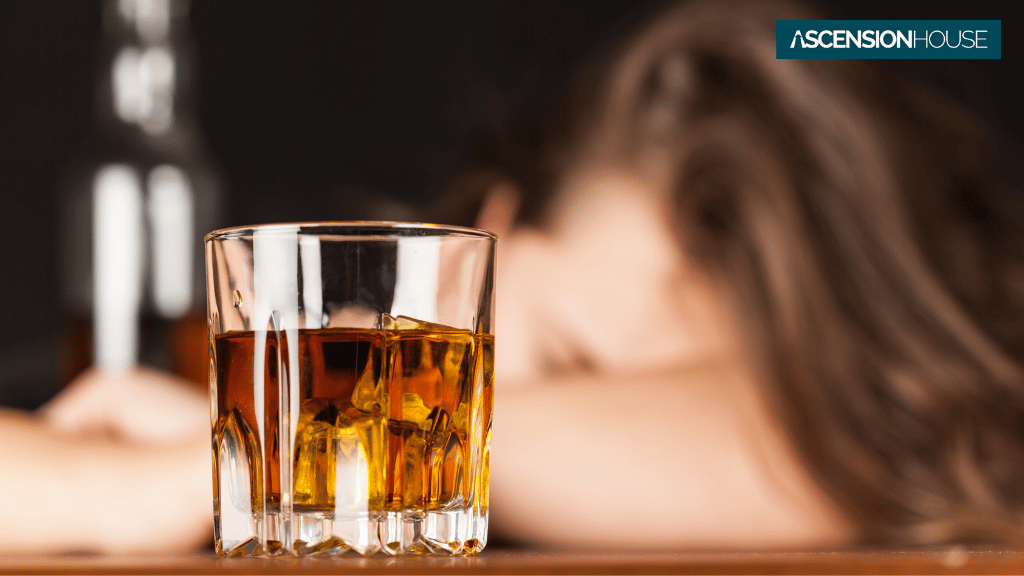
Alcohol Content
As mentioned previously, not all non-alcoholic drinks contain the amounts of alcohol they advertise.
Even though the amount of alcohol in most of these drinks is too little for you to notice a considerable effect, it could tempt you to go for heavier drinks eventually.
The slightest touch of alcohol in a drink can cause you to relapse and undo months and even years of progress, so we don’t recommend these drinks, even those that advertise themselves as having 0% ABV.
Problems with Addiction Recovery
Addiction recovery is challenging for many people. They have to fight every day to stay optimistic and avoid a relapse.
You must avoid any place, person, or thing associated with your old habit to prevent yourself from relapsing. You can do this by going to an addiction treatment facility, which will get you away from potential triggers.
Still, what happens when you complete your treatment? Learning to avoid these potential triggers would be best, which can still be hard. Here, creating new and healthier relationships, habits, and behaviors is critical. Of course, none of these can be related to drinking alcohol in any way.
The problem with alcohol-free beer is that, even though it won’t get you drunk, it can cause an urge to go back to the stronger beverages. These triggers can be powerful enough to cause a relapse.
Problems When Driving
“Technically,” it’s legal to drink non-alcoholic beer while driving because of its low alcohol content. However, there are two main things you should keep in mind:
- Non-alcoholic beer cans/bottles are almost the same as the ones for regular beer.
- Some beverages have a higher alcohol content than advertised, which can lead you to test positive for high blood-alcohol content (BAC).
In both cases, you’re exposing yourself to problems with the police, so we recommend avoiding these beverages if you plan on driving.
Should You Feel Bad for Wanting Non-Alcoholic Beer?
There’s no reason to feel guilty or bad for wanting a “healthier” alternative to beer. Any step you take toward your recovery, no matter how small, is essential.
Unfortunately, wanting to drink low-alcohol beer may indicate that you’re not entirely willing to abandon the substance or any harmful effects that come with it. It may also indicate that you haven’t worked on the root problem that led to your substance abuse problem.
In any case, if you feel like you want to drink non-alcoholic beer throughout your recovery journey, you may need to find a different environment where you can get more support.
That said, it’s common to remember your “old drinking habits” with fondness. As the theory of “euphoric recall” explains, you’re likely to remember all the positives that came with your drinking and forget about anything wrong that came after it.
Also, since excessive drinking can lead a person to lose their memory and consciousness, it can be hard to remember the adverse effects that come with it.
Your work here would be to avoid “romancing the drink.” Even though everyone has a different connection and experience with alcohol, it’s essential to avoid anything that can connect you to it again during your recovery.
Using alcohol-free beer to pretend you’re drinking a normal one could cause you pleasure, but it can also pave the way to a challenging relapse period.
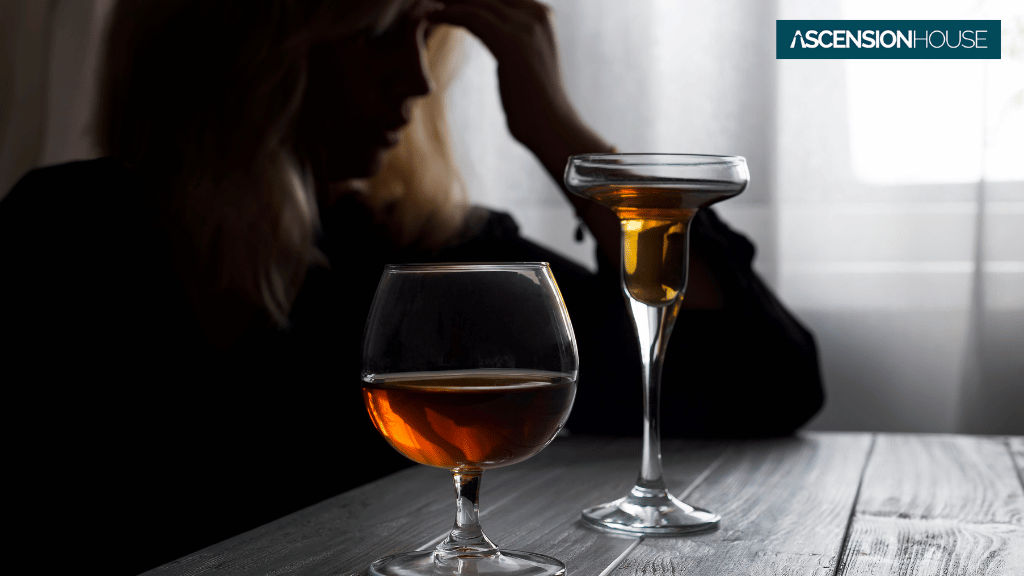
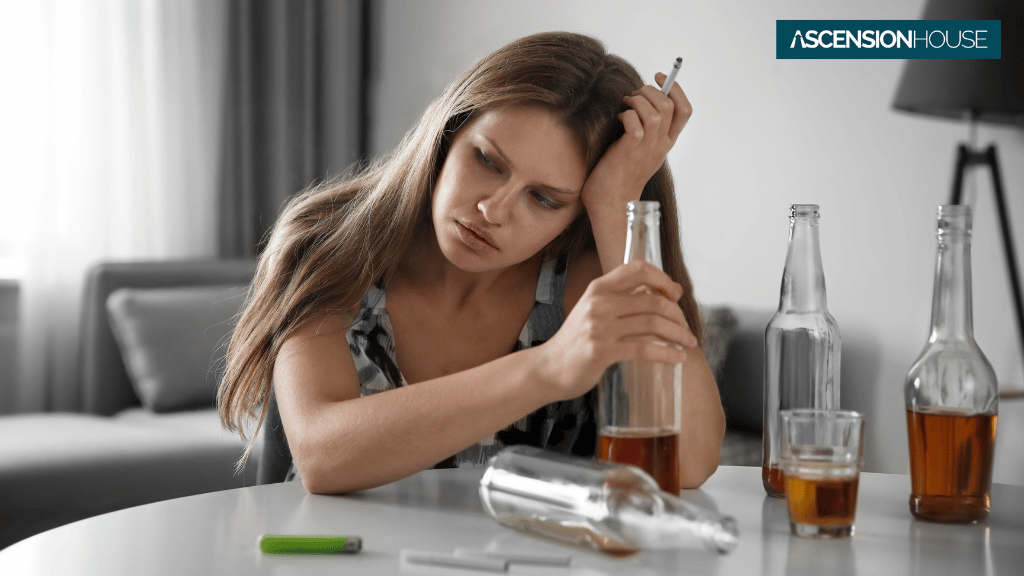
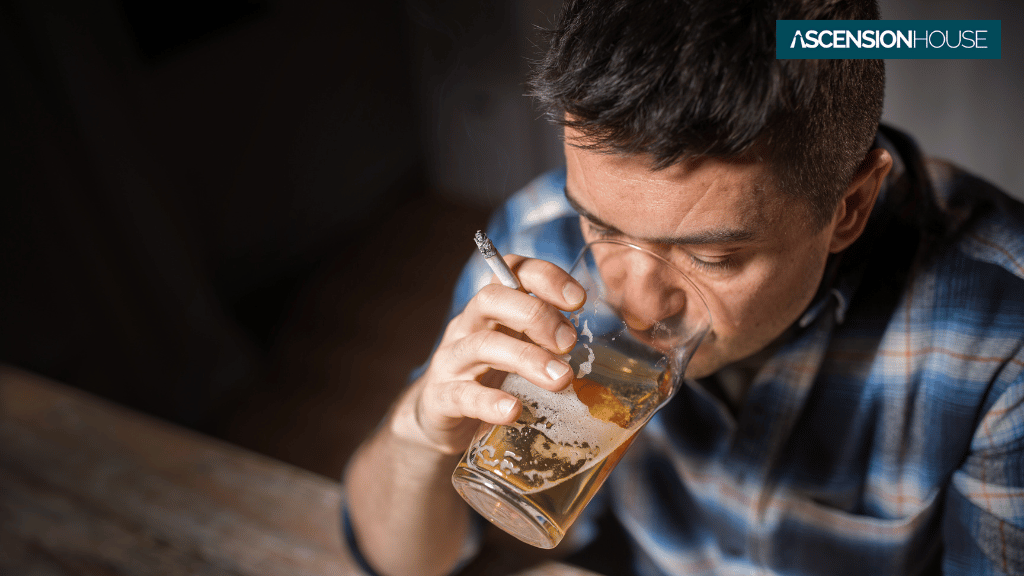
What Alternatives Are Available?
Regarding drinks, there are plenty of options you can consider.
The best one will always be water, but you can also consider soft drinks, although you should be careful with their high sugar content. Even drinking diet coke excessively, for example, can lead to potential health issues.
Other alternatives include kombucha, which is a kind of fermented tea beverage. If you’re going to a restaurant, you can ask if it offers carbonated soda water that you can flavor. Some employees can give it a splash of fruit juice to make it taste better.
Finally, you could ask for non-alcoholic cocktails, which offer you a “healthier” option when going out.
Regardless of what you ask for, remember to be mindful of what you’re consuming at any moment, and don’t drink too much. Some people have a habit of drinking anything excessively to intoxicate themselves and chase the feeling they had when drinking alcohol.
Even if the drink doesn’t seem harmful, it can cause side effects when consumed in dangerous amounts.
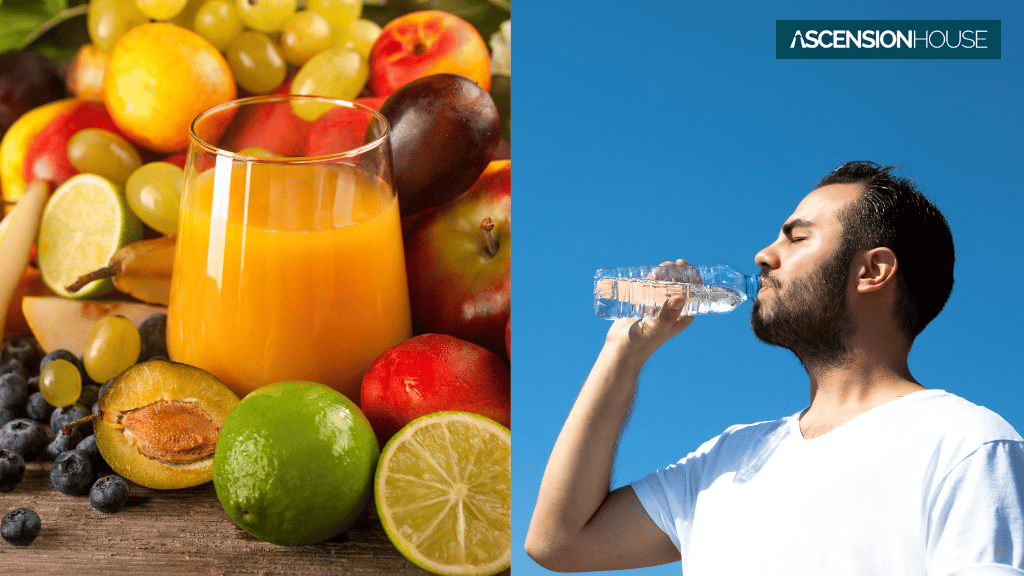
Bottom Line – Get the Help You Deserve Through Your Recovery
Alcohol is a toxic and psychoactive substance that isn’t easy to get rid of once you develop a habit of drinking it. Thankfully, there are plenty of methods to help people become healthier than ever and avoid these harmful substances in the future.
If you’re considering non-alcoholic drinks like this type of beer, remember all the potential risks and side effects you’re exposed to with it.
On the other hand, if you’re looking for healthier alternatives to overcome alcohol use disorder, don’t hesitate to contact our team. We want to help you achieve the best version of yourself.
FAQs
Technically, non-alcoholic beer is healthier than regular beer. However, it still has plenty of calories and carbohydrates, so the drink would pose a problem if you were to go overboard with it.
You won’t damage your liver with alcohol-free beers, as long as you don’t drink too much of it. Excessive drinking will lead to potential problems with your liver.
It depends on the company making the drink. Usually, you can expect about 1.5g of sugar per 100ml.
Even though these drinks are lower in sugar than cola or tonic water, they’re higher in sugar than regular beer.
Some people drink alcohol-free beer because they like the taste but prefer not to drink alcohol. Others use non-alcoholic beer as a transitional drink during their addiction recovery journey.
Sometimes, it helps people reduce their alcohol intake without quitting cold turkey, which can be more complicated emotionally/psychologically speaking. Still, the best option for the person will always be to look for alternatives that prevent them from consuming any beer.
Book a Free Assessment
Contact us to schedule a free addiction or mental health assessment as part of our admissions process.
 11700 Bittern Hollow Dr., Austin TX 78758
11700 Bittern Hollow Dr., Austin TX 78758 (512) 598-5030
(512) 598-5030






